Best Companion Plants For Tomatoes
Title: The Best Companion Plants for Tomatoes
Introduction:
Tomatoes are a delicious and versatile fruit that can be enjoyed in many different ways. They are also a relatively easy crop to grow, but there are a few things you can do to help them thrive. One of the most important things is to choose the right companion plants.
Companion planting is the practice of planting certain plants together to benefit each other. Some plants attract beneficial insects, while others help to repel pests. Some plants improve the soil quality, while others help to shade or support their neighbors.
When choosing companion plants for tomatoes, there are a few things to keep in mind. First, you want to choose plants that have similar growing conditions. Tomatoes need full sun and well-drained soil, so you'll want to choose companion plants that can tolerate these conditions.
Second, you want to choose plants that will benefit each other. For example, basil can help to deter pests from tomatoes, while marigolds can help to attract beneficial insects.
Finally, you want to avoid planting tomatoes with plants that compete for the same resources. For example, you shouldn't plant tomatoes with other members of the nightshade family, such as potatoes or eggplants.
Main Content:
Here are some of the best companion plants for tomatoes:
- Basil: Basil is a classic companion plant for tomatoes. It has a strong scent that helps to deter pests, and it also tastes great when paired with tomatoes.
- Marigolds: Marigolds are another great companion plant for tomatoes. They help to attract beneficial insects, such as ladybugs and lacewings, which prey on pests.

- Chives: Chives are a good companion plant for tomatoes because they help to improve the soil quality. They also help to repel pests, such as aphids and spider mites.
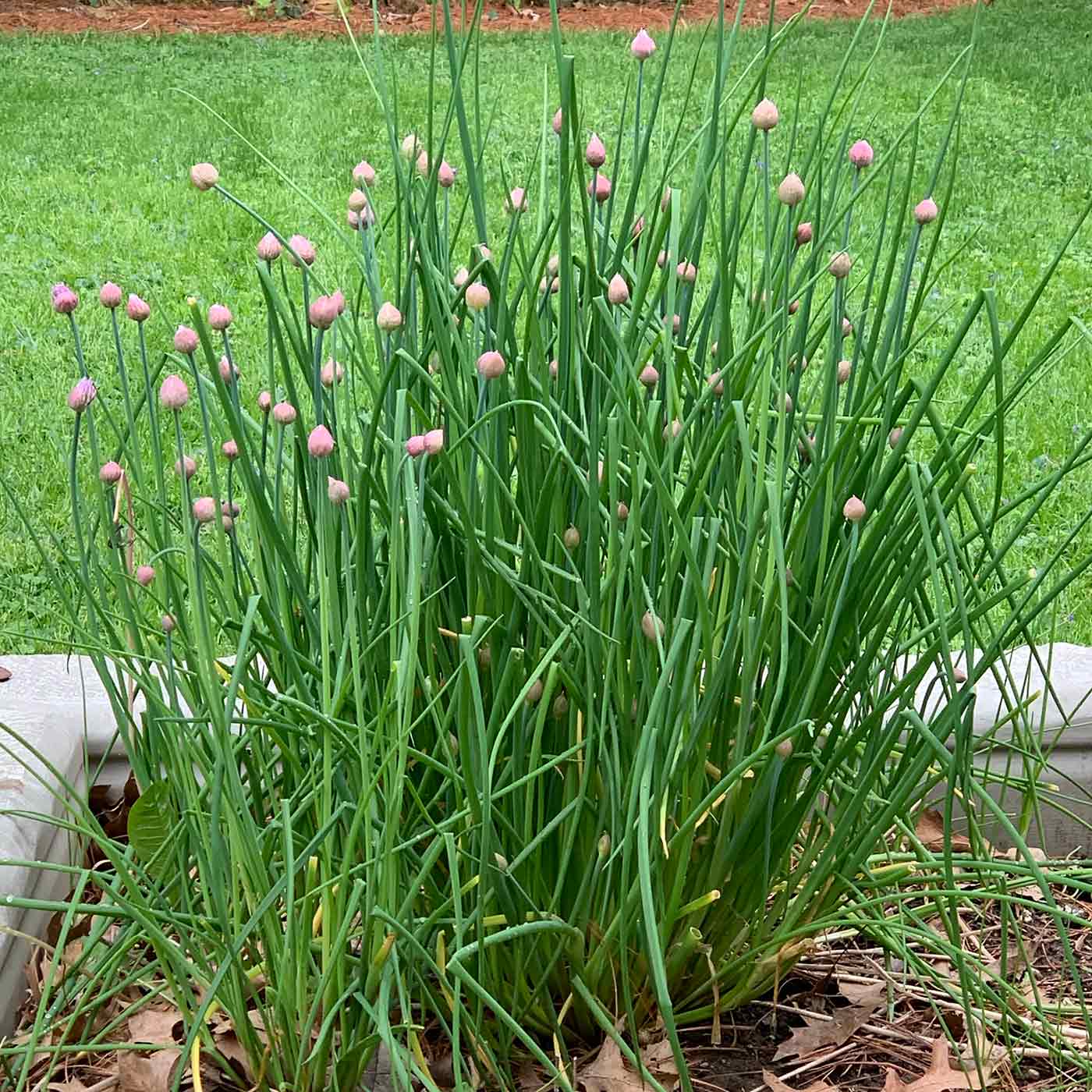
- Onions: Onions are similar to chives in that they help to improve the soil quality and repel pests. They also help to protect tomatoes from diseases.

- Garlic: Garlic is another strong-scented plant that helps to deter pests. It also helps to improve the flavor of tomatoes.
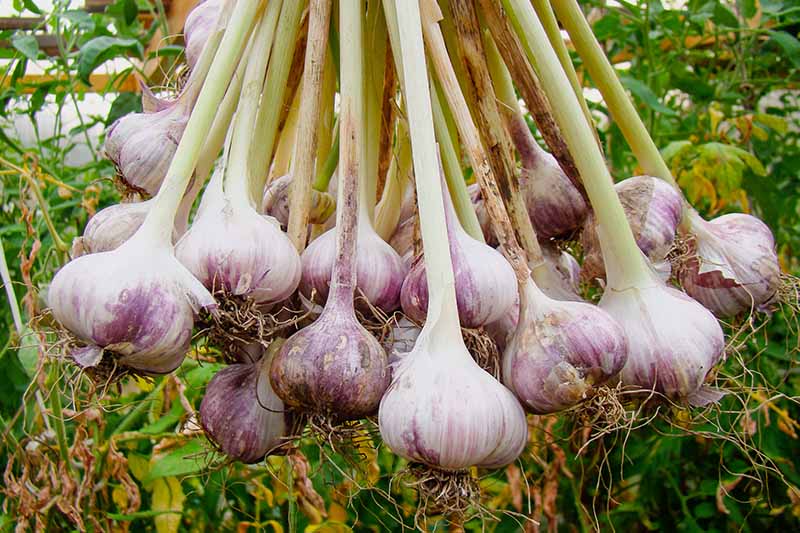
- Peas: Peas are a good companion plant for tomatoes because they help to fix nitrogen in the soil. This means that they can help to provide tomatoes with the nutrients they need to thrive.
- Lettuce: Lettuce is a good companion plant for tomatoes because it helps to shade the soil. This can help to prevent the soil from drying out and can also help to suppress weeds.
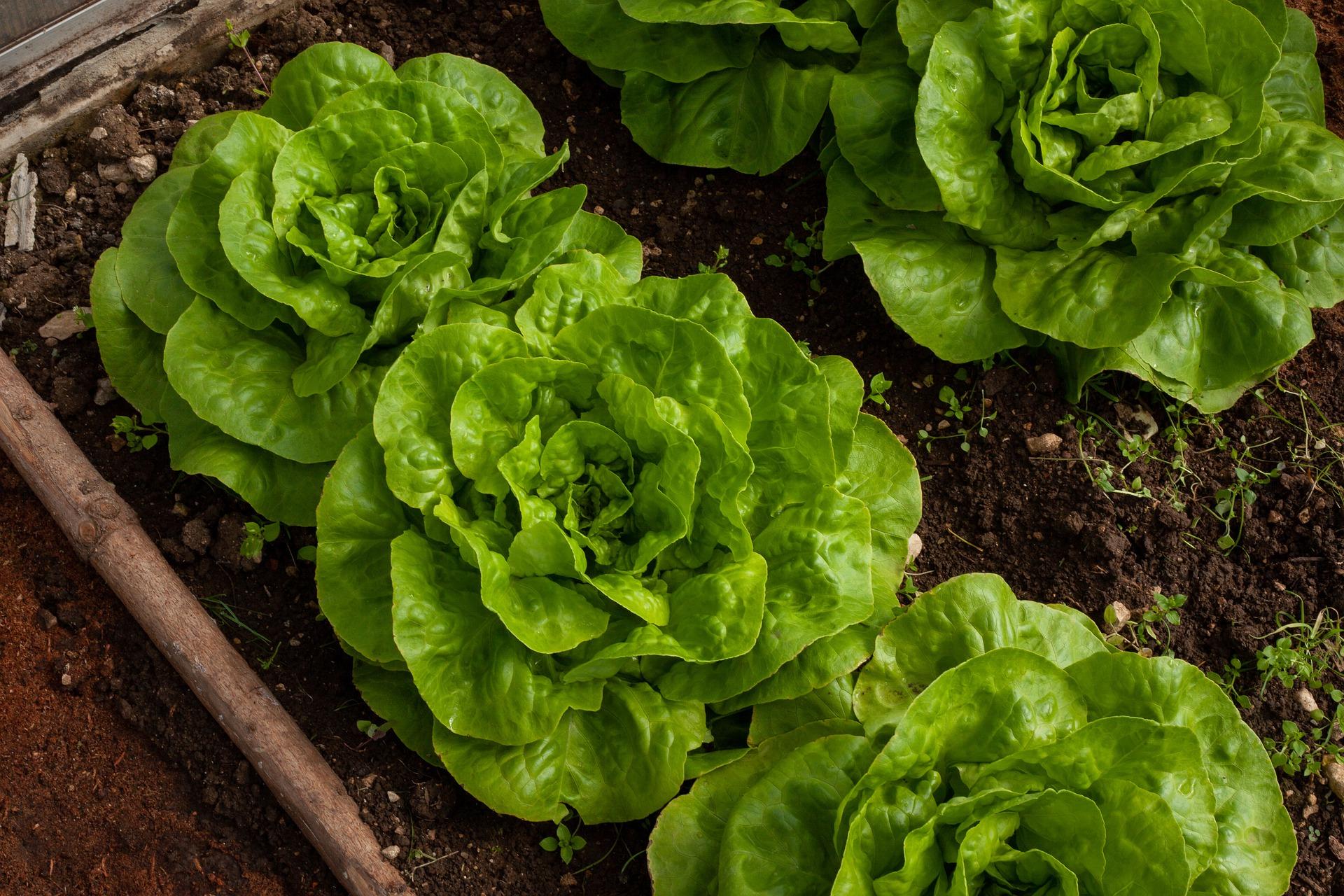
- Nasturtiums: Nasturtiums are a good companion plant for tomatoes because they help to attract beneficial insects. They also help to deter pests, such as aphids and whiteflies.

Conclusion:
By choosing the right companion plants, you can help your tomatoes thrive. These plants will help to deter pests, improve the soil quality, and provide your tomatoes with the nutrients they need.
Tomatoes are a popular garden vegetable, but they can be susceptible to pests and diseases. Companion planting is a great way to help protect your tomatoes from these problems. Certain plants can help to attract beneficial insects, deter pests, and improve the overall health of your tomato plants.
Some of the best companion plants for tomatoes include:
- Basil: Basil is a classic companion plant for tomatoes. It helps to repel pests like aphids and tomato hornworms, and it also enhances the flavor of tomatoes.
- Marigolds: Marigolds are another great companion plant for tomatoes. They help to repel nematodes, which are root-feeding pests that can damage tomato plants.
- Chives: Chives help to repel pests like spider mites and whiteflies. They also improve the flavor of tomatoes.
- Borage: Borage attracts beneficial insects like bees and ladybugs, which help to control pests. It also helps to improve the pollination of tomato plants.
- Nasturtium: Nasturtium helps to repel pests like aphids and whiteflies. It also has edible leaves and flowers that can be used in salads or cooked dishes.
For more information about good companion plants for tomatoes, visit Garden Wiki.
FAQ of good companion plants for tomatoes
Q: What are some good companion plants for tomatoes?
A: There are many good companion plants for tomatoes, but some of the most popular include:
- Basil: Basil is a classic companion plant for tomatoes, and for good reason. The strong smell of basil helps to repel pests like aphids and tomato hornworms, and it also enhances the flavor of tomatoes.
- Marigolds: Marigolds are another great companion plant for tomatoes. The strong scent of marigolds helps to repel pests like nematodes and whiteflies, and they also attract beneficial insects like ladybugs and lacewings.
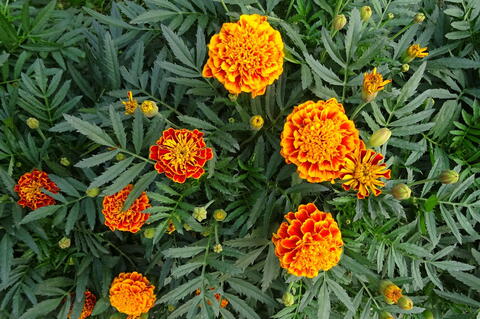
- Chives: Chives are a good companion plant for tomatoes because they help to repel aphids, nematodes, and spider mites. They also add flavor to tomatoes when they are used in cooking.

- Asparagus: Asparagus is a good companion plant for tomatoes because it helps to improve the flavor of tomatoes. Asparagus also helps to suppress the growth of root-knot nematodes, which can be a problem for tomato plants.

- Lettuce: Lettuce is a good companion plant for tomatoes because it helps to suppress the growth of weeds. Lettuce also helps to improve the flavor of tomatoes when they are grown together.

Q: What plants should I not plant near tomatoes?
A: There are a few plants that you should avoid planting near tomatoes, including:
- Cabbage: Cabbage and other members of the brassica family can compete with tomatoes for nutrients.
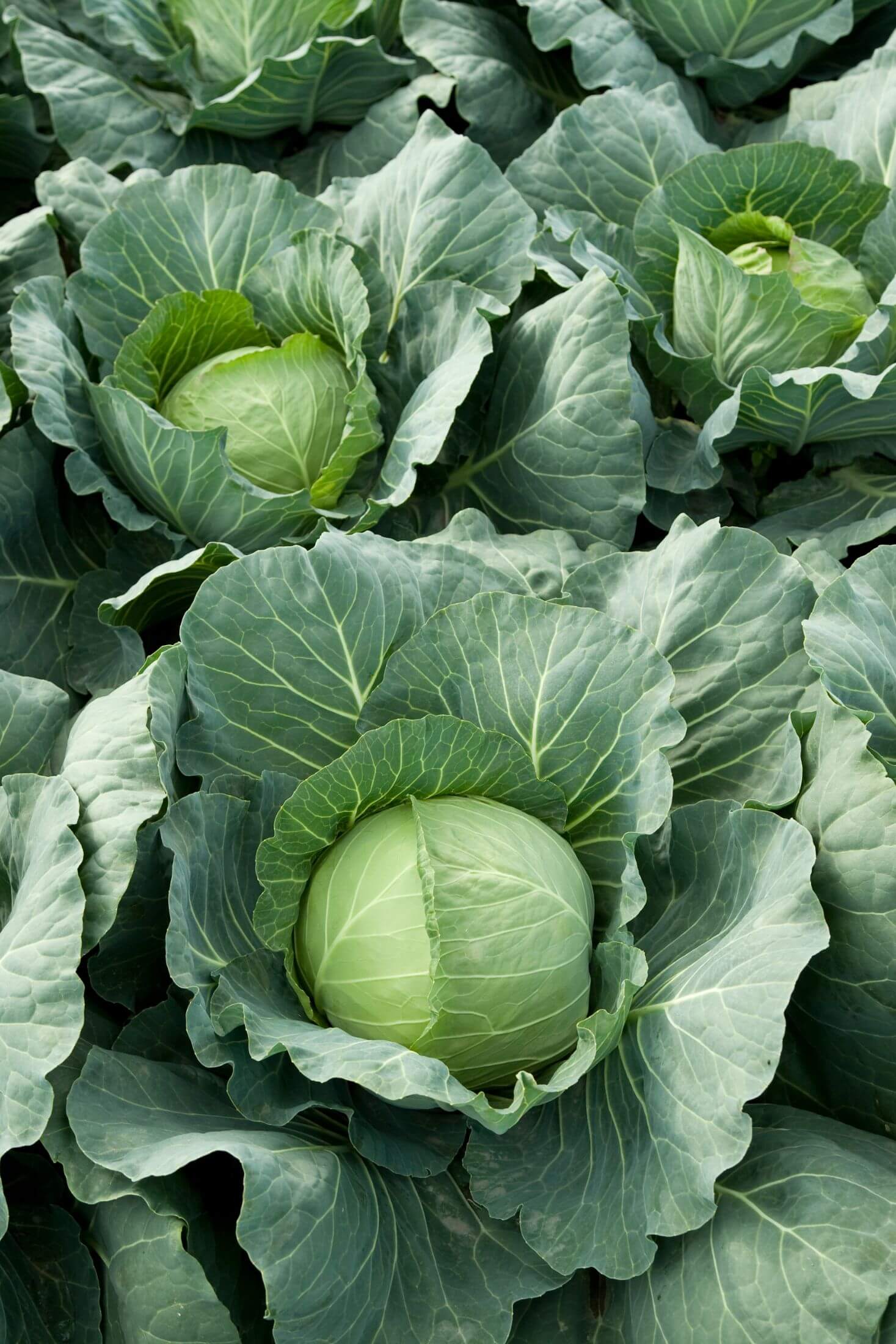
- Corn: Corn can harbor pests that can also attack tomatoes.

- Fennel: Fennel can release a chemical that can stunt the growth of tomatoes.
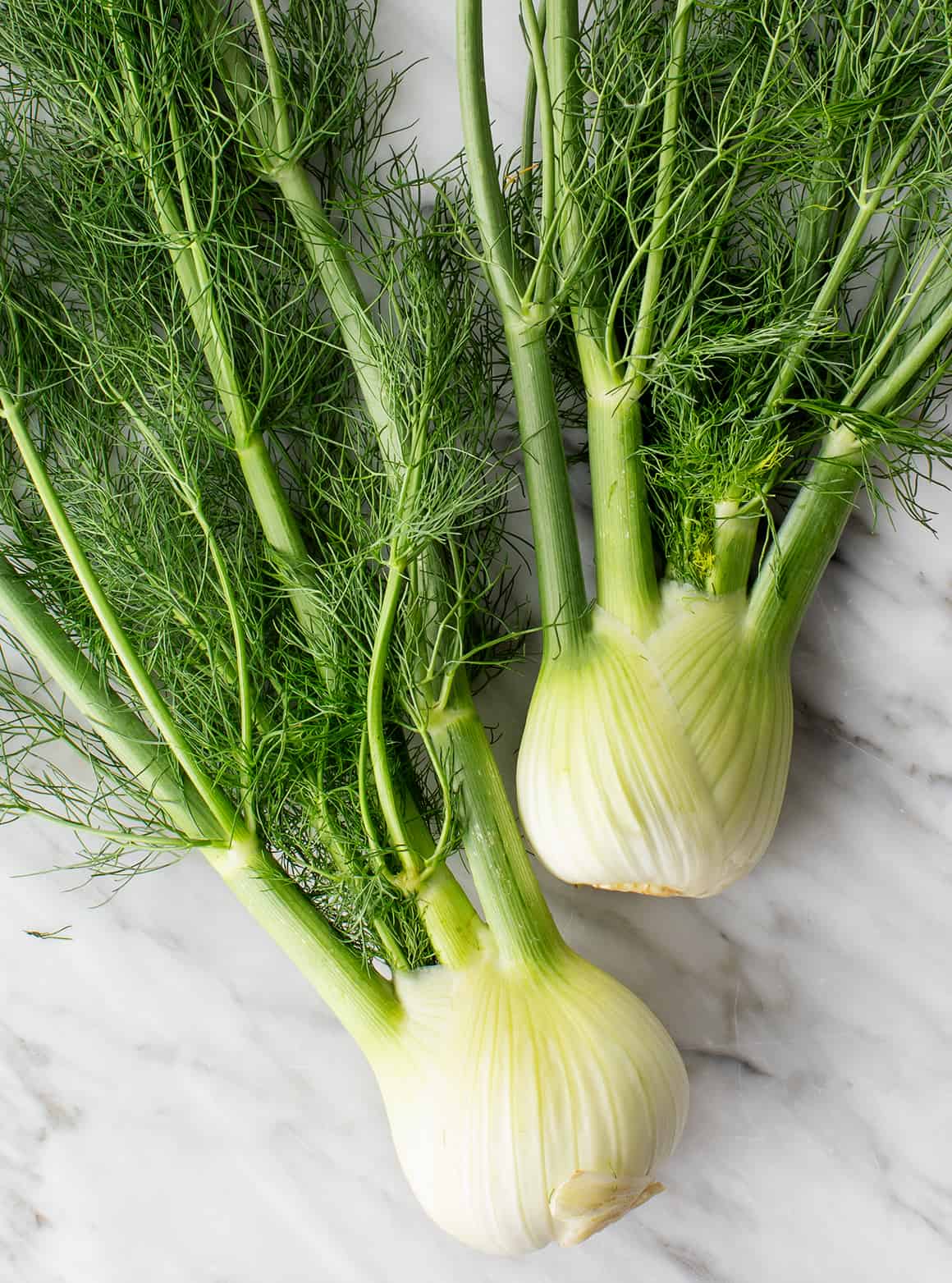
- Dill: Dill can release a chemical that can reduce the yield of tomatoes.
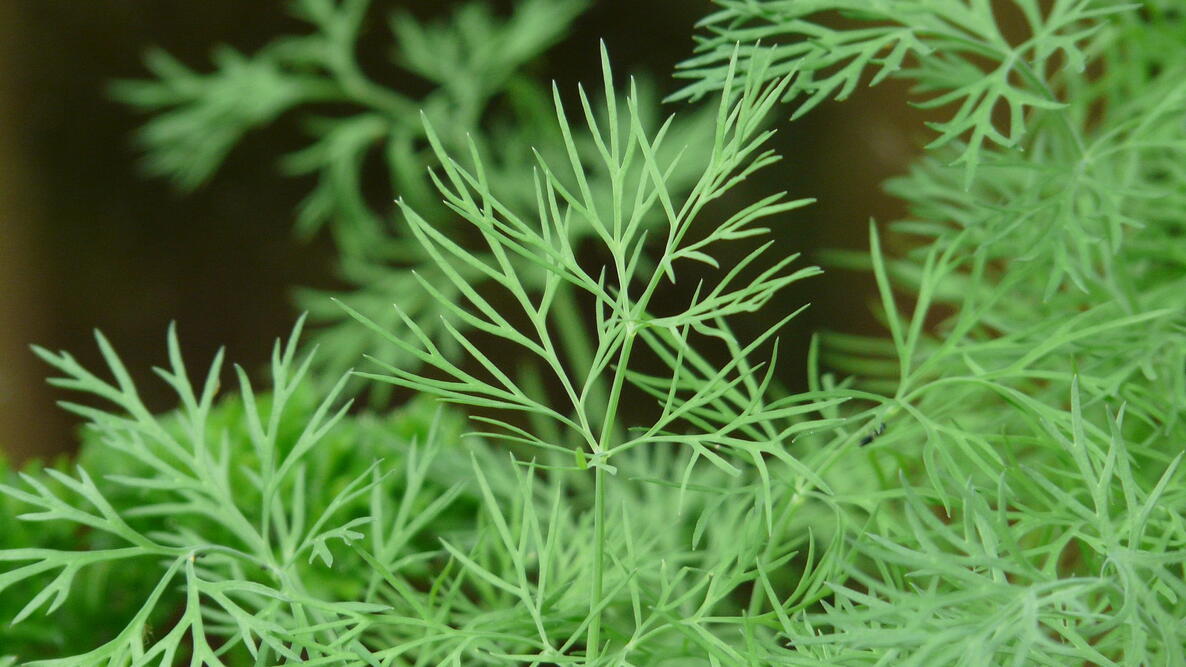
- Potatoes: Potatoes and tomatoes are susceptible to the same diseases, so it is best to avoid planting them near each other.
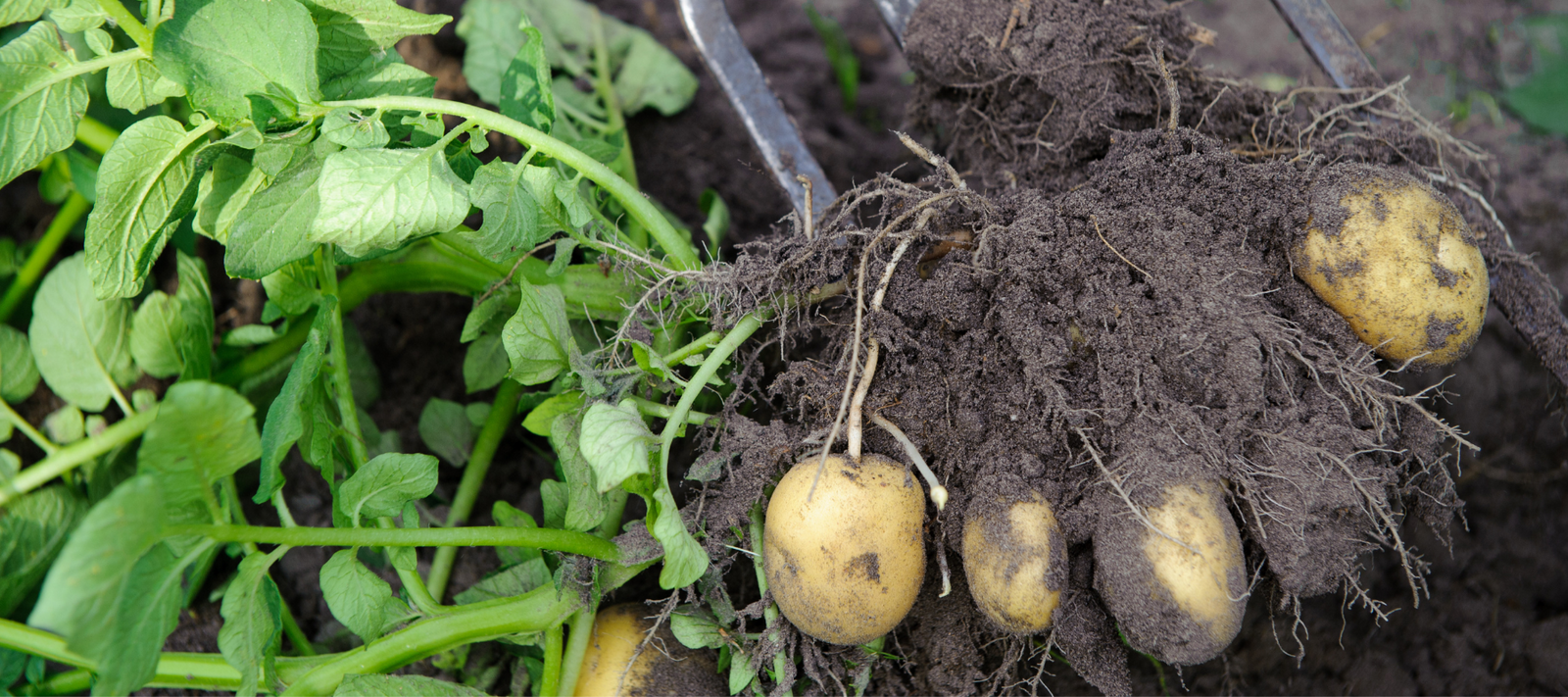
- Eggplant: Eggplant and tomatoes are in the same family, so they can compete for nutrients.
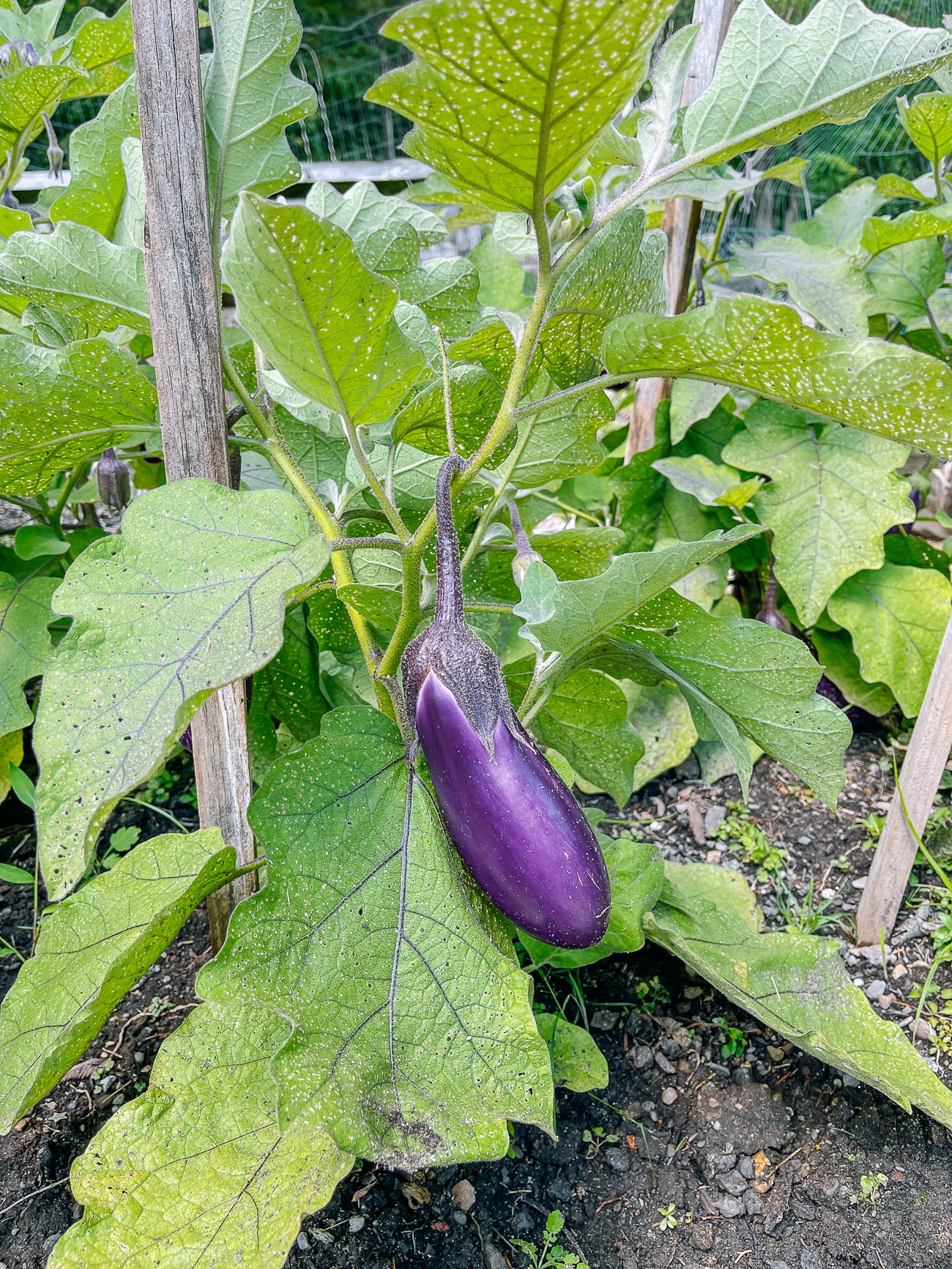
- Walnuts: Walnut trees release a chemical that can inhibit the growth of tomatoes.

Q: How do companion plants help tomatoes?
A: Companion plants can help tomatoes in a number of ways, including:
- Reducing pests: Some companion plants, such as marigolds and chives, can help to repel pests that can damage tomatoes.
- Improving pollination: Some companion plants, such as basil and borage, can attract pollinators, which can help to improve the pollination of tomato flowers.
- Suppressing weeds: Some companion plants, such as lettuce and nasturtiums, can help to suppress the growth of weeds, which can compete with tomatoes for nutrients and water.
- Improving soil quality: Some companion plants, such as asparagus and clover, can help to improve the soil quality around tomato plants, which can lead to healthier plants.
Image of good companion plants for tomatoes
- Basil: Basil is a classic companion plant for tomatoes, and for good reason. It helps to deter pests, attract pollinators, and improve the flavor of tomatoes.
- Parsley: Parsley is another great companion plant for tomatoes. It helps to repel aphids and other pests, and it also helps to improve the flavor of tomatoes.
- Garlic: Garlic is a powerful pest repellent, and it can help to keep tomato hornworms and other pests away from your tomatoes.
- Borage: Borage is a flowering plant that attracts beneficial insects, such as ladybugs and hoverflies. These insects help to control pests that can damage tomatoes.
- Squash: Squash plants can help to suppress weeds, which can help to keep your tomato plants healthy.
- French marigolds: French marigolds are another great insect-attracting plant. They help to control pests such as aphids, whiteflies, and nematodes.
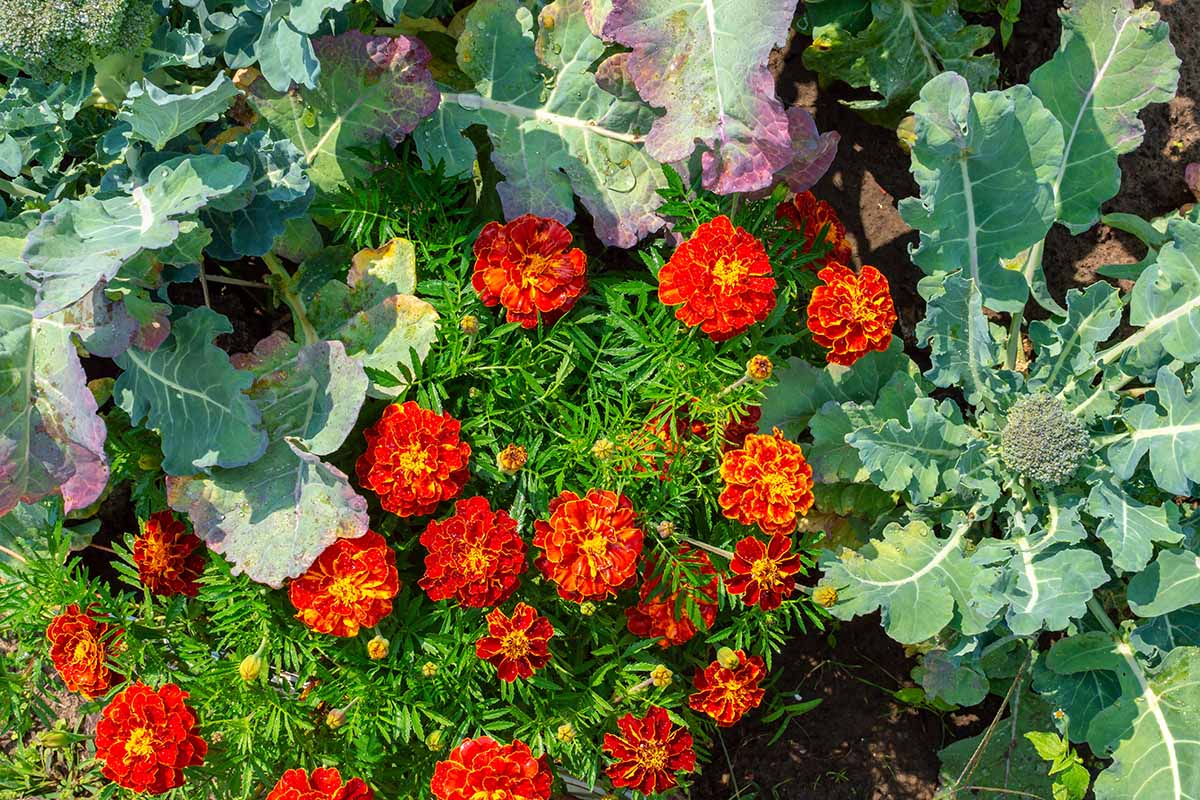
- Nasturtiums: Nasturtiums are another flowering plant that attracts beneficial insects. They also help to deter aphids and other pests.
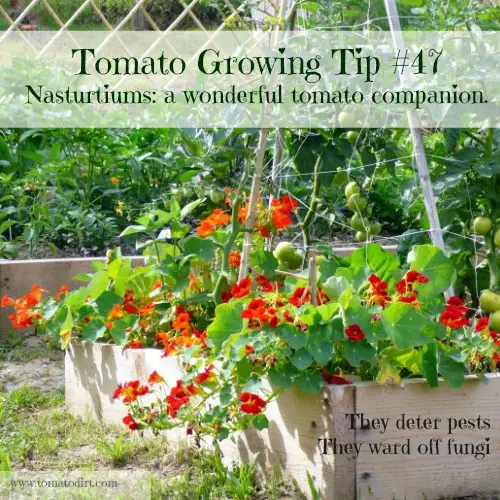
- Asparagus: Asparagus is a tall plant that can help to provide shade for your tomato plants. This can help to protect your tomatoes from the hot sun.
- Chives: Chives are a pungent herb that can help to deter pests such as mosquitoes and rabbits.
Post a Comment for " Best Companion Plants For Tomatoes"